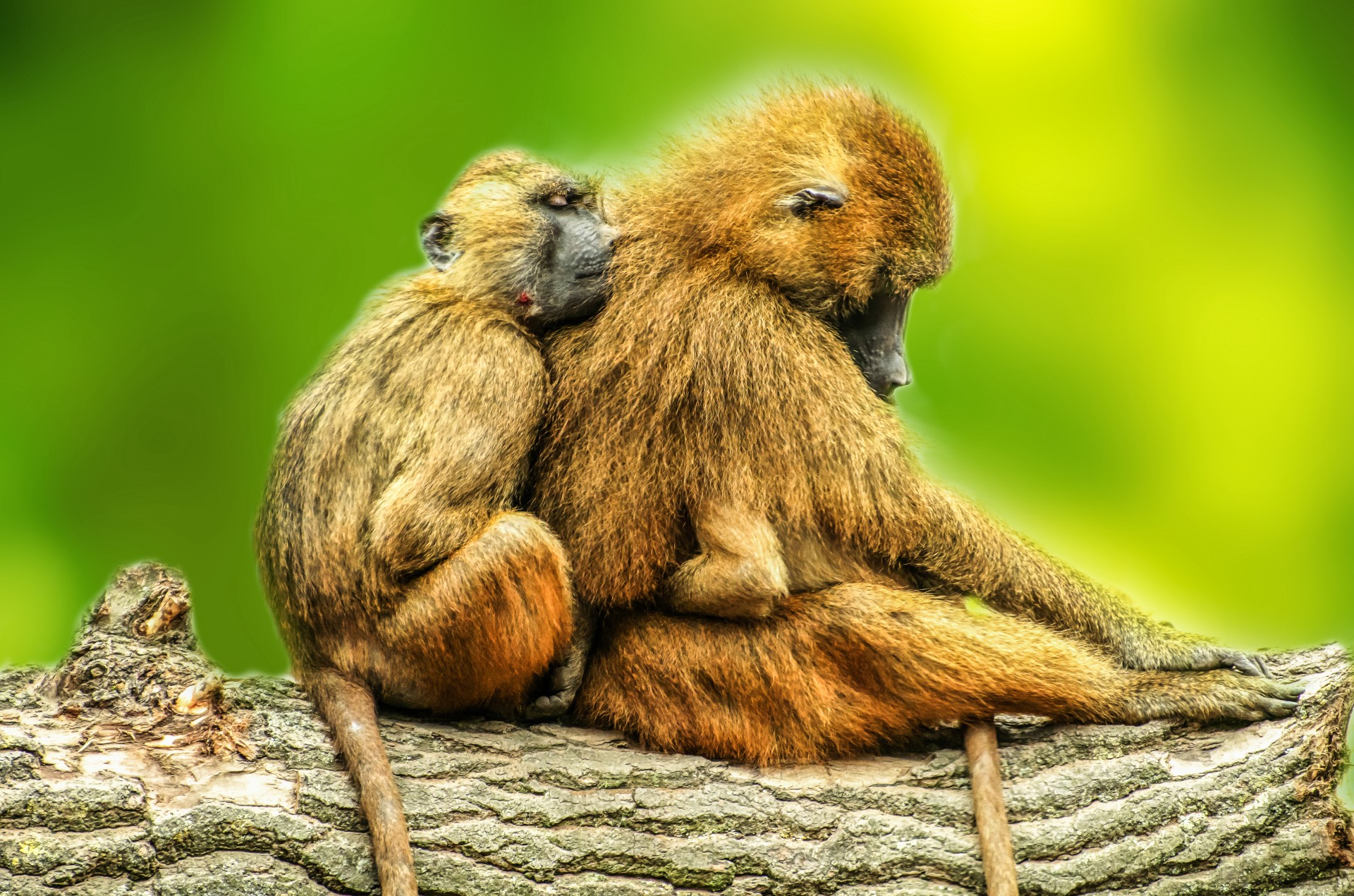
As the summer months approach, many of us find ourselves battling the incessant buzzing of mosquitoes. These pesky insects are not only a nuisance but can also pose health risks by transmitting various diseases. Fortunately, nature provides an array of animals that consume mosquitoes, offering a form of natural pest control. In this exploration, we will delve into the different species that contribute to the eradication of mosquitoes, the ecological implications of their predation, and strategies for promoting these mosquito-eating animals in your environment.
1. Bats: Nighttime Predators
Bats are among the most effective natural predators of mosquitoes. A single bat can consume up to 1,000 mosquitoes in one night, making them formidable allies in mosquito control. They hunt primarily by echolocation, allowing them to detect not just mosquitoes but a wide range of night-flying insects. With more than 1,400 species of bats worldwide, their role in maintaining ecological balance is paramount.
Promoting bat populations can be done by erecting bat houses in your yard. These structures provide safe roosting spots for bats, encouraging them to make your garden their hunting ground. Furthermore, preserving natural habitats such as wetlands can enhance the availability of insects, thereby attracting more bats.
2. Birds: Feathered Allies
A plethora of bird species relish mosquitoes as part of their diet. Common birds such as swallows, purple martins, and certain species of warblers actively hunt mosquitoes in flight. Swallows, with their acrobatic aerial maneuvers, can capture mosquitoes while in the air. Other birds, like the common nighthawk, also feed on mosquitoes during twilight hours.
For bird enthusiasts seeking to attract these mosquito-eating avians, consider installing bird feeders stocked with seeds and insects, as well as creating a bird-friendly habitat with native plants. Providing a source of water through birdbaths can further entice these beneficent creatures to your surroundings.
3. Fish: Aquatic Solutions
In aquatic environments, certain fish species are renowned for their mosquito-eating prowess. Mosquitofish (Gambusia affinis) are perhaps the most famous, often introduced to ponds and water features to control mosquito larvae. These small fish are voracious eaters of mosquito larvae, significantly disrupting the insect’s life cycle before they emerge as adults.
When incorporating fish into a water garden or pond, ensure the environment is sustainable. Stocking mosquitofish not only aids in mosquito control but also contributes to the overall health of the aquatic ecosystem. Additionally, enhancing your water feature with plants can provide shelter and improve water quality, benefiting the fish population as well.
4. Insects: Unexpected Consumers
While it may seem counterintuitive, certain insects also play a role in controlling mosquito populations. Dragonflies, for instance, are formidable hunters of both mosquito larvae in their aquatic nymph stage and adult mosquitoes. An adult dragonfly can consume hundreds of mosquitoes each day, making it a pivotal player in natural pest control.
Encouraging the presence of these beneficial insects can be achieved by creating a wildlife-friendly garden. Planting native flowers can attract dragonflies and other predatory insects. Additionally, minimizing pesticide use promotes a healthier ecosystem where these beneficial species can thrive.
5. Spiders: The Silent Hunters
While spiders are often overlooked, they play a significant role in controlling mosquito populations. Various species, such as orb-weavers, construct webs that inadvertently trap adult mosquitoes. Spiders are opportunistic feeders, consuming insects that stray into their web, including mosquitoes attracted to artificial lights.
To encourage spiders in your garden, consider less frequent cleaning of outdoor spaces, as this allows web-building to occur. Moreover, avoiding chemical sprays can help maintain spider populations, facilitating their role in natural pest control.
6. Promoting Natural Pest Control in Your Environment
Implementing ecological strategies to encourage the presence of mosquito-eating animals can bolster natural pest control efforts in residential and agricultural settings. Creating habitats conducive to these species is crucial. Planting native flora, reducing pesticide use, and providing adequate water sources can significantly increase the likelihood of attracting beneficial predators.
Community involvement can also be instrumental. Educating neighbors about the importance of these animals in pest control and organizing local initiatives such as building bat houses or planting butterfly gardens can foster a collaborative approach to managing mosquito populations.
7. The Ecological Importance of Natural Control
The predation of mosquitoes by various animals is not merely a matter of pest eradication; it is a reflection of ecological balance. Each species that contributes to the control of mosquitoes plays a role in maintaining biodiversity. By supporting the natural food web, we enhance ecosystem resilience while also promoting the health and longevity of our own communities.
In conclusion, the myriad of animals that consume mosquitoes—from bats and birds to fish and insects—highlights the intricate web of life that exists within our ecosystems. By intentionally fostering an environment where these predators can thrive, we embrace natural pest control methods that are sustainable and effective. Instead of resorting to harmful chemicals, looking to the animal kingdom for assistance in combating mosquitoes can yield a harmonious balance that benefits both humans and wildlife alike.
